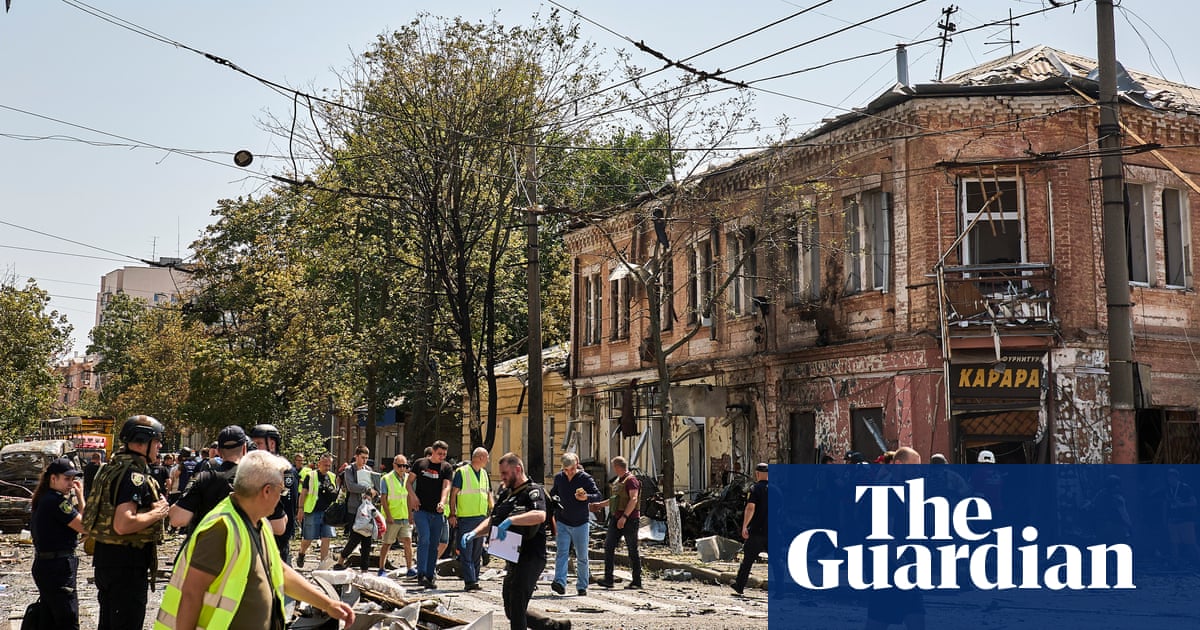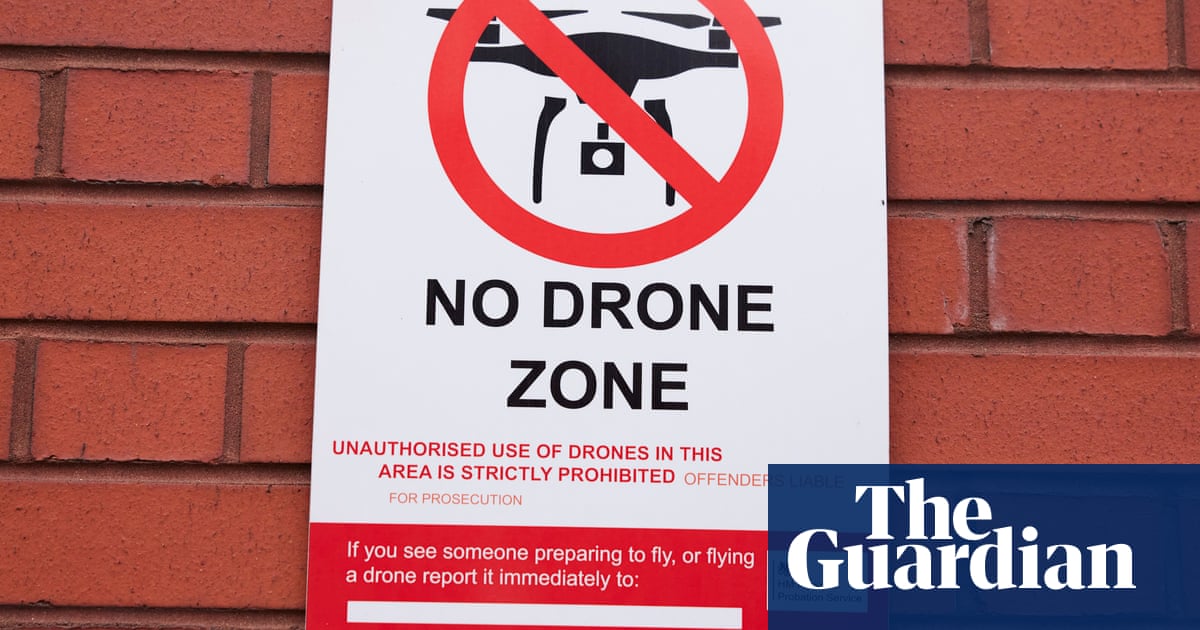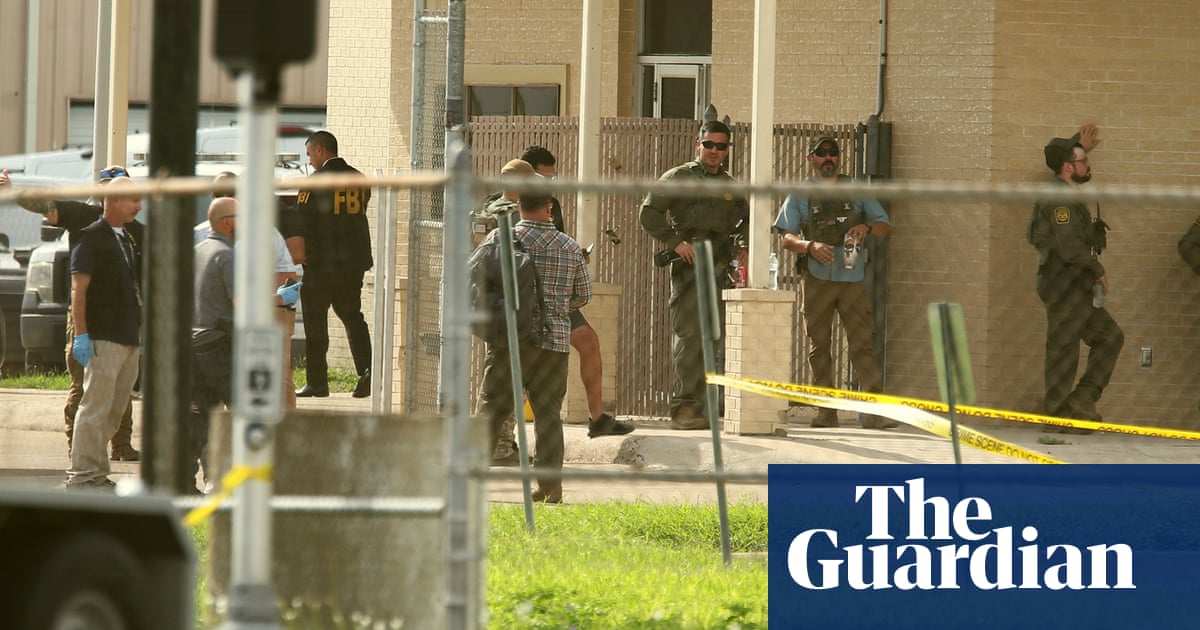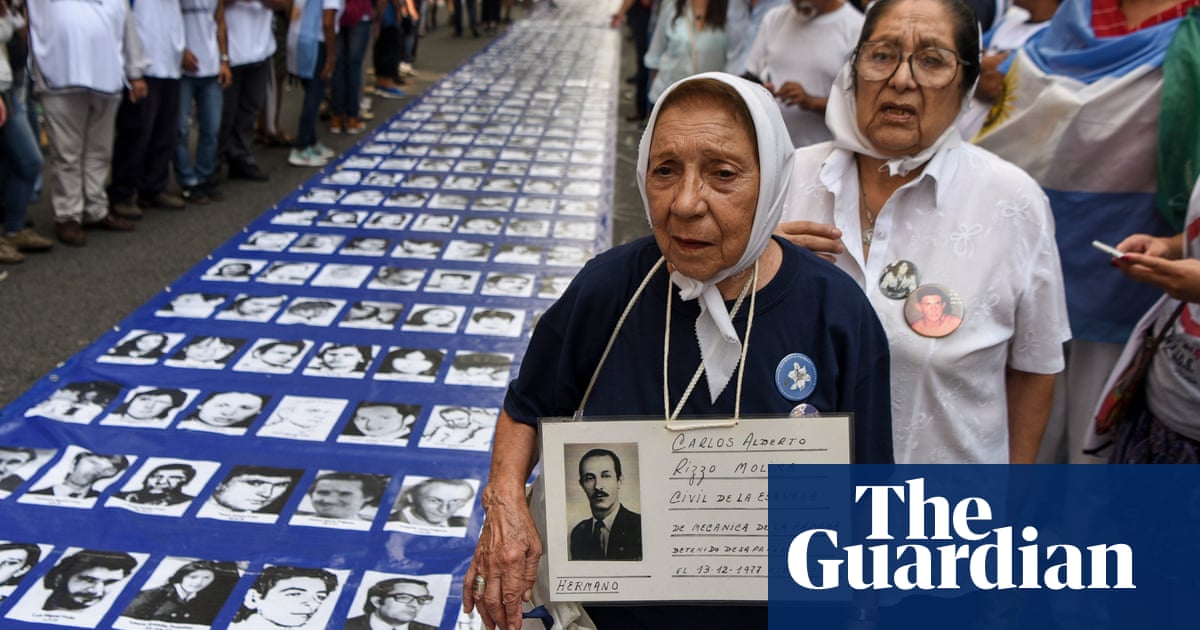Rhiannon Lucy Cosslett’s article on the enduring pain caused by the church-run mother-and-baby homes in Ireland was a powerful read, leaving me full of anger and indignation (Ireland’s mother-and-baby homes are a stain on the Catholic church – but this latest refusal to atone is a new low, 13 April). The stories resonated with me too. These “homes” played a role in the Dublin childhoods of my aunt and mother. My aunt’s experiences were heartbreaking: in the late 1960s, she was effectively imprisoned in a home for “fallen women”, her baby taken from her for adoption almost immediately after birth. It’s a loss that stayed with her for the rest of her life.
My mother’s experiences reflected the general poverty and cruelty of Irish society in the late 1940s. Desperately hungry and neglected, brutalised by her brother who’d returned from the second world war with PTSD, she ran away from home and presented herself at a Magdalene laundry. Although she was subjected to a demeaning medical examination to see if she was pregnant (she wasn’t) and made to work long hours, the laundry provided her with a better standard of living than she’d hitherto known – regular meals, a bed free of vermin and, paradoxically, given the reputation of the laundries, freedom from physical violence. Her life must have been truly miserable if a laundry was preferable to her family home.
Ireland was such a cruel place that my mother escaped to England aged just 16. Her experiences, I’m sure, are why my family never holidayed in the “old country” or wore shamrocks on Saint Patrick’s Day.
Name and address supplied
The intergenerational damage done by the Catholic church lives on. Remember that church leaders attributed imbecilic behaviour and muteness to children born outside wedlock. To be such a child meant that your chances of living a decent life after being in any institution of shame (mother-and-baby home, industrial school, Magdalene laundry, mental health institution) was zero. No employer would hire you and your chances of marriage were low. And your chances of looking at the world through the bars of a prison cell or mental institution were a lot higher unless you could keep your secret – an impossibility in a country made up of hundreds of small insular towns.
And, of course, the men got off scot-free, with no blemish on their reputations. They thrived, while sowing their oats. Not so the young, single and vulnerable girls during a time of reproductive health ignorance. Their families, overwhelmed with the church’s currency of shame, threw them to the wolves. Why do you think more Irish women emigrated to the UK than Irish men? And the good nuns have the gall to say “It wasn’t me”.
Rosemary C Adaser
Northolt, London
Rhiannon Lucy Cosslett is right about the Magdalene laundries being a stain on the church. But it was families who sent their daughters to those places. My father remembered illegitimate children in 1950s Mayo being given to families to work on their farms, effectively as slave labour. The dysfunction and evil in Ireland was across the board. It’s too easy to pin it all on priests and nuns, as if they were separate from wider society. What sort of families did they come from to need to be so abusive? Not happy and healthy ones.
Catherine McLoughlin
London
Rhiannon Lucy Cosslett’s article was sobering, and raised my anger at how women and children were treated by the religious orders mentioned. But I am struck once again by the fact that there is no mention of the men – the fathers of all these children. These were not virgin births, after all. Do we ever hear men’s voices in protest and regret?
Terry Prendergast
Harefield, London

 2 months ago
84
2 months ago
84

















































